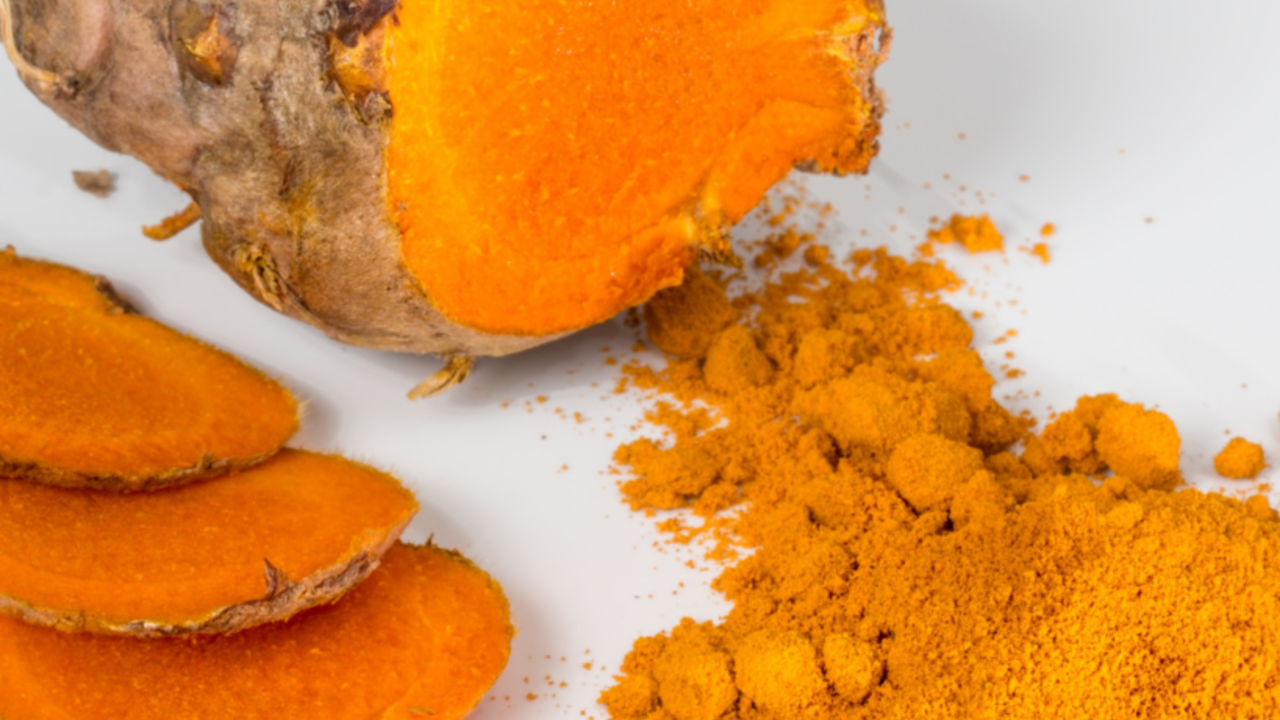Eat to Reduce Inflammation for Anxiety
Oct 28, 2020
Oxidation damages the body. Inflammation is the body’s response to repair the damage—and it can get out of control. It’s been shown that inflammation in the body causes anxiety but also that anxiety causes inflammation.(1)
When you eat foods high in antioxidants, magnesium, omega-3 fatty acids, and amino acids, and you cut toxic foods like cakes, cookies, and pastries, and products with sugar and/or additives out of your diet, you will begin reducing inflammation effortlessly. The recipes in my new book, Anxiety Free with Food are all anti-inflammatory. When eating food that comes from nature, it usually does not cause inflammation.
A powerful way to reduce inflammation in your body almost immediately is to eat turmeric (such as in a curry dish) or take a supplement of curcumin, which is a compound in turmeric. Turmeric has been perhaps the most studied spice of all time because of its therapeutic effects, as an anti-inflammatory agent against neurodegenerative, cardiovascular, pulmonary, metabolic, autoimmune, and neoplastic diseases. (2)
Turmeric has neuroprotective effects because it’s able to reduce inflammatory markers, like cytokines, which have been known to cause anxiety. It also increases blood antioxidant levels, which tend to be low in individuals with anxiety.
Having quick and easy health hacks, such as sprinkling turmeric on your breakfast eggs, or taking a daily supplement, can dramatically reduce inflammation in your body. (3)
Another way to get turmeric into the diet is with my Liana's Organics Anxiety-Free Supplement. It has 10 all-natural, Organic, non-GMO ingredients, including turmeric. You can learn more about them here.

Resources
1. S. Salim, G. Chugh, and M. Asghar, “Inflammation in Anxiety,” Advances in Protein Chemistry and Structural Biology, vol. 88 (2012), pp. 1–25, doi: 10.1016/B978-0-12-398314-5.
2. B.B. Aggarwhal and K.B. Harikumar, “Potential Therapeutic Effects of Curcumin, the Anti-Inflammatory Agent, Against Neurodegenerative, Cardiovascular, Pulmonary, Metabolic, Autoimmune and Neoplastic Diseases,” International Journal of Biochemistry & Cell Biology, vol. 41, no. 1 (January 2009), pp. 40–59, doi: 10.1016/j.biocel.2008.06.010.
3. G.M. Cole, B. Teter, and S.A. Frautschy, “Neuroprotective Effects of Curcumin,” Advances in Experimental Medicine and Biology, vol. 595 (2007), pp. 197–212, doi: 10.1007/978-0-387-46401-5_8.


